Dealing with junk email can be irritating as they clog up your inbox and push down important emails. But these are easy enough to deal with – Simply mark them as spam or hit the delete button. However, phishing scams are far more nefarious. Attackers hide behind trusted entities such as banks and trick recipients into divulging sensitive data.
Some examples include attackers sending an email stating a problem with a user’s account and that they need to login. These emails contain links that take recipients to a page that looks exactly like their personal banking login page. The difference is that it’s a fake page designed to steal personal information.
Such attacks continue to increase at a staggering rate. Data from Proofpoint found that 83% of its nearly 15,000 global infosec respondents experienced phishing attacks in 2018, an increase from 76% the previous year. As technology becomes more sophisticated, attackers are finding new ways to obtain sensitive information and use it for financial gain.
If you fall for one of these phishing scams, you could be a victim of identity theft or major financial losses. The consequences can be even more dire for small businesses. Here we’ll look at how you can protect yourself from phishing scams.
Don’t Click Links From Suspicious Emails
Email phishing scams rely on unsuspecting recipients to click on the links and divulge their personal information on the next page. Some companies may send emails that detail a legitimate concern such as a data breach. But even in these cases, you should always type the URL into your browser or contact the company directly.
Something else to watch out for are shortened links. Attackers will often use link shortening services to mask fake sites. Hover your mouse over the link to see where the URL links to or use Check Short URL to retrieve the original link.
Be Wary of Threats or Urgent Deadlines
The most obvious sign that an email is a phishing scam is if it contains a threat or urgent deadline. An example might be an email that urges you to log into your account and update your credit card information to stop it from closing. Again, don’t click on any of the links or download any attachments. When in doubt, call the company and get their phone number from the actual website.
Another obvious sign of a phishing email is if it contains typos or impersonal greetings such as “Dear Customer” or “Dear Sir/Madam”. If you see any of these emails, it’s generally safe to delete them from your inbox.
Be Cautious Downloading Any Software
Another common phishing scam to watch out for are “tech support” cold calls. Attackers call potential victims stating that they found malware on the user’s computer and will attempt to get them to install remote desktop software. But doing so allows them to gain access to your computer where they can steal your information or install software that locks you out.
Just like with a phishing email, be wary of any threats and don’t allow anyone to install software on your computer. The same also applies for downloading any software from the web. Software that offers freebies can contain spyware or even screen scrapers that could steal your information. To be safe, keep your operating system and anti-virus software up to date.
Consider Getting Business Insurance
No matter how many cyber security measures you take, your business is still susceptible to cyber attacks – An employee may accidentally click a link in a phishing email or download compromised software to the network.
Having some form of protection is a good idea to protect your business from damages caused by cyber attacks or data breaches. There are a number of business insurance options available depending on the kind of business you operate. If your business depends extensively on being connected to a network for sales and data storage, it makes sense to consider business insurance to protect against cyber liability claims.
Author’s Bio
Alex Morrison has worked with a range of businesses giving him an in-depth understanding of many different industries including home improvement, financial support and health care. He has used his knowledge and experience to work for clients as diverse as Adroit Insurance, Simple Biz and Me Bank to help them reach their business goals.
